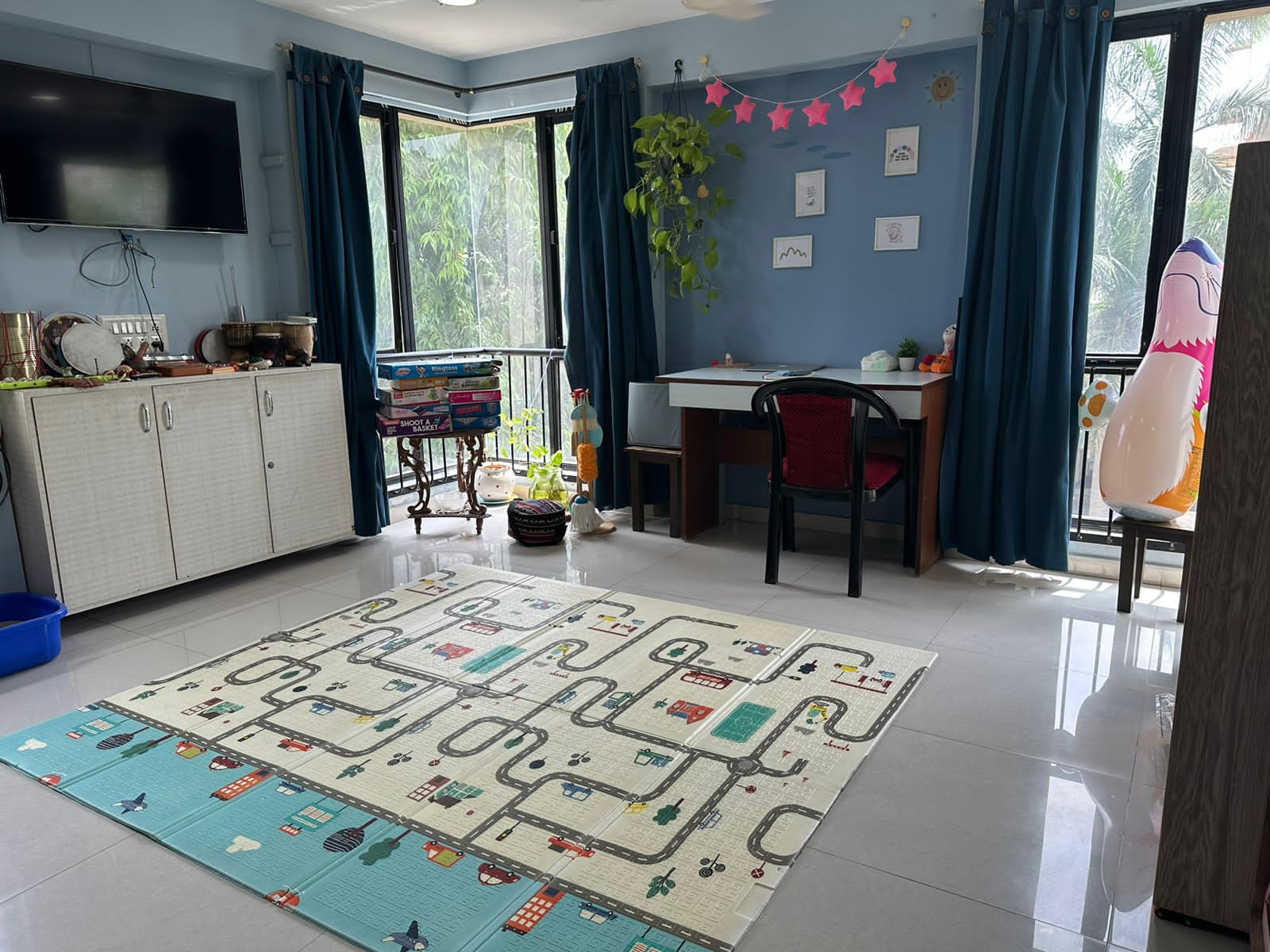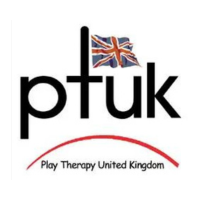BENEFITS OF PLAY THERAPY
Where emotions find their voice in the language of play.

The Healing Play
In the world of Play Therapy, every game has a deeper meaning.
Giving children the tools to express the inexpressible. Through play, we find pathways to understanding and growth.

Benefits
Play therapy is a form of psychotherapy or counselling that is specifically designed for children, typically between the ages of 3 and 12, although it can also be used with older individuals who have developmental challenges. It recognizes that play is a natural way for children to communicate and process their feelings, thoughts, and experiences.
The premise of play therapy is that children may not have the verbal or cognitive skills to express their thoughts, feelings, and experiences directly through traditional talk therapy. Instead, they use play as a natural way to communicate and make sense of their emotions, thoughts, and struggles. Play therapists create a safe and supportive environment where children can engage in various forms of play, such as using toys, art materials, games, and other creative activities.
During play therapy sessions, trained play therapists observe the child's play behaviors, interactions with the toys, and the themes that emerge. Through this observation, therapists gain insights into the child's emotional and psychological state, helping them understand the underlying issues the child may be facing. Play therapists may then provide guidance, reflect on the child's play, and help the child process their emotions and experiences.

Play therapy offers a range of benefits for children and even adults, depending on the individual's needs and circumstances. Some of the key benefits of play therapy include:
Play provides a safe and non-threatening way for children to express their emotions, feelings, and experiences that may be difficult to articulate verbally. This can lead to better emotional regulation and understanding.
Through play, children can develop and enhance their communication skills, both verbal and nonverbal. This can improve their ability to express themselves and interact with others effectively.
Play therapy encourages children to engage in imaginative and creative play scenarios, which can help them develop problem-solving skills, critical thinking, and the ability to explore different solutions to challenges.
Children can learn healthy coping mechanisms and strategies to manage stress, anxiety, and other emotional difficulties through play therapy. They can practice these skills in a supportive environment.
Play therapy often involves interaction with the therapist or with other children in group sessions. This can help children develop social skills, such as sharing, taking turns, cooperation, and empathy.
Successful experiences and achievements during play therapy sessions can boost a child's self-esteem and confidence. The supportive atmosphere encourages them to take risks and try new things.
Play therapy can help children process and cope with traumatic experiences in a safe and controlled environment. Trauma-related play can facilitate healing and recovery.
Play therapy can address behavioral issues by allowing children to explore and understand the underlying causes of their behaviors. This understanding can lead to positive behavior changes.
The therapeutic relationship that develops between the child and the therapist in play therapy can foster a sense of attachment, trust, and security. This can be particularly helpful for children who have experienced disruptions in their relationships.
Engaging in play therapy can enhance a child's emotional resilience, helping them develop the ability to adapt and bounce back from challenges.
Play therapy can involve parents or caregivers in the process, helping them better understand their child's experiences, needs, and behaviors. This can lead to improved parent-child relationships and more effective parenting strategies.
Play therapy encourages creativity and imaginative play, which can enhance a child's cognitive development and overall sense of exploration.
In play therapy, children can take charge of the play activities and create their narratives. This sense of control can empower them and provide a sense of agency.
It's important to note that the benefits of play therapy can vary based on the individual's age, developmental stage, personality, and the specific challenges they are facing. Play therapy should be conducted by qualified and trained professionals who can tailor the approach to meet the unique needs of each child or individual.
International
Certifications


Latest
Watch Video
Contact Us
+91 91577 42933
Tel: +91 91577 42933
Email: thehealingplay@gmail.com
Reach us
A402 Antarnad Foundation, Shikhar Complex, Next to adani office, Mithakhali crossroads, Ahmedabad
Opening Hours
9.00 AM - 06.30 PM
Off